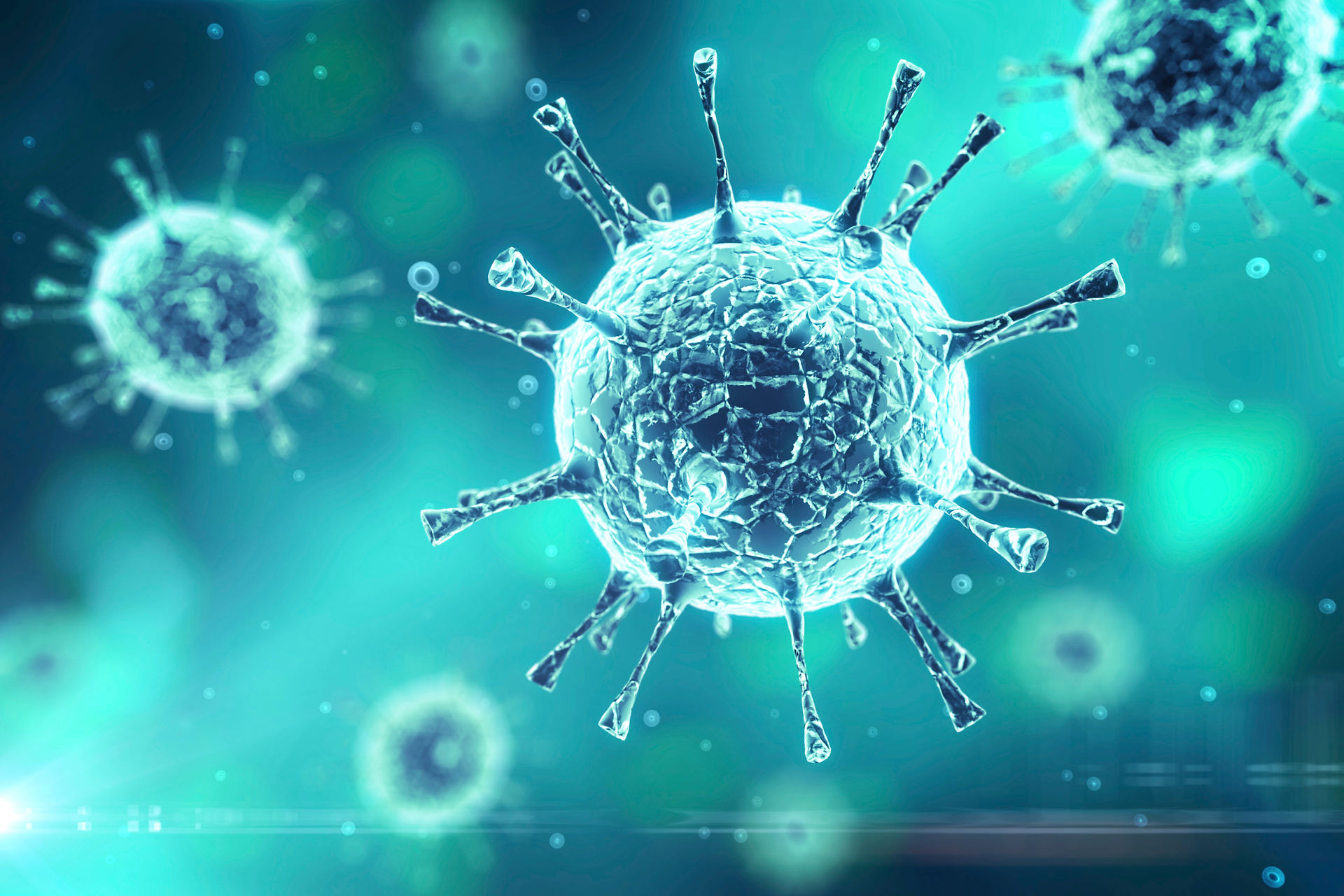
What, in your opinion, is the most important application of synthetic biology so far?
I was first exposed to Synthetic Biology in 2004 at Princeton, with Dr. Ron Weiss, who was my advisor at the time. IGEM was just starting, there were no standards, we didn't know what is possible, DNA sequencing and synthesis was way more expensive, bioinformatics were starting to make sense to mainstream biologists.
"My team is building supercomputer models of cells, particularly of the bacterium Escherischia coli. We also build computer-aided design tools that help find the best (optimal) design for what you want to do, given the DNA parts that you have. We also have an experimental lab, where we are testing our designs. I also participate in mentoring the UC Davis IGEM synthetic biology team, an undergraduate team of 4-6 people who compete in the international IGEM competition each year (btw, the 2014 team won the competition with engineering a olive oil quality sensor that uses modified proteins)."
How have you or your team contributed to the field of synthetic biology? Are you currently working on any technologies or applications?
"It is a structured approach to engineer biological systems. It is an engineer's approach to build new functionalities and behaviors either de novo or by modifying existing ones."
An E-mail interview was conducted with Ilias Tagkopoulos PhD. , a Synthetic Biology expert, and an Associate Professor at University of California, Davis Department of Computer Science and the UC Davis Genome Center. He also is the principal investigator in the Tagkopoulos Lab for Integrative Biology and Predictive Analytics at UC Davis.
Need an Expert's Opinion?
What would you say to critics who denounce synthetic biology because they believe it is equivalent to "playing God?"
What is your definition of synthetic biology?
How has the field evolved since you first got involved with it?
What is the difference (if any) between synthetic biology and genetic engineering?
"Artemisinin production by Jay Keasling's group
http://www.nature.com/scitable/blog/bio2.0/artemisinin_a_synthetic_biology_success "
"SynBio is a structured umbrella for all these fields (genetic engineering, protein engineering, biotechnology, etc.). It is the glue that brings all of them together in an engineering approach."
"I would argue that creating life is the natural way forward. If you believe in God, it might be that he allowed us to evolve and do exactly that."
What do you predict for the future of synthetic biology? What will be able to do with it in years to come?
"In the short term, more integration with medicine and industry, from production of drugs to smart delivery and immunity in your body. In the long term, democratization of smart biomanufacturing, you will be able to program/tell your PC, which will be more of an AI by that point, what you want and there will be 3D printing machines, either Kinko's or in your home for DYI projects, which would create the organism that you want, or the capability that you need."
Interview with Dr. Ilias Tagkopolous

(P7.1)

(P7.2)

(P7.3)

(P7.1)